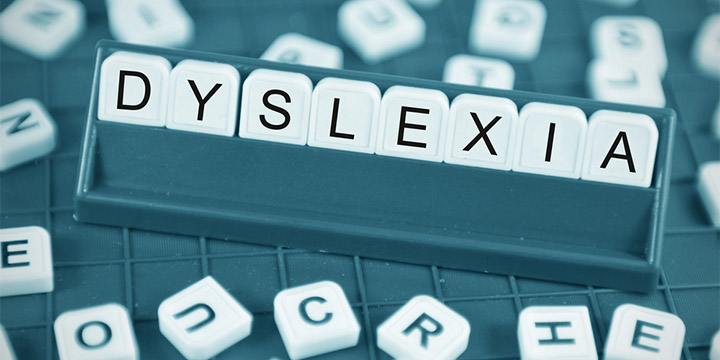Learning difficulties such as dyslexia can be tough on both children and parents. Your child may find it hard to read, write, have trouble spelling, sounding out words, identifying syllables and so on. In a school setting, dyslexia can be very challenging for children and can lead to feelings of frustration, inadequacy and being “left behind” by their classmates. Because reading and writing are such common parts of everyday activity, a great deal of patience is needed to cope with dyslexia.
Some easy steps you can follow to help your child cope with dyslexia include:
1. Talk to Your Child About Dyslexia
It’s important for your child to know what dyslexia is so that they can recognise that learning difficulties arise as a result of the condition and not as a part of any inadequacy or lack of intelligence. Reassure your child that they are doing a good job, and give them as much information about dyslexia as possible – remembering that it doesn’t only affect reading and writing, but extends to thought organisation, concentration, etc. You can teach them strategies for coping with dyslexia such as making lists (mentally or on paper) to organise thoughts, reading to them, using assistive software and apps designed specifically to help people with dyslexia.
2. Speak with the Child’s Teacher
Your child’s teacher should be able to help in the classroom. In some cases, teachers can get bogged down, focussing on the child’s ability to spell, read and write and can forget that the child needs to experience a coherent flow of ideas, just like the other children. If you feel this is the case in your child’s classroom, you might gently remind your child’s teacher that the flow of ideas can be difficult for your child to grasp and needs just as much attention as reading and writing – especially if ideas are constantly being interrupted by spelling instructions.
Your child’s school may even be able to provide an ADA accredited teacher or learning aid or assistive software such as speech-to-text software, dictaphones, special learning applications and so on.
3. Consult a Child Psychologist for an Assessment
Child psychologists can provide full child and adolescent psychological assessments to help both the child and parents to understand dyslexia (and any other learning difficulties that might be present). They can help the child and parents cope with dyslexia by providing tools, strategies and a new level of understanding of what’s happening on a psychological level. Additionally, a good psychologist will address any self-esteem issues and anxiety that your child might be experiencing as a result of their dyslexia.
Contact our child psychologists to learn more about dyslexia and how to cope with issues surrounding the disorder. Strategic Psychology can provide full child and adolescent psychological assessments to keep your child on track. Call us on 02 6262 6157 to secure an appointment.
